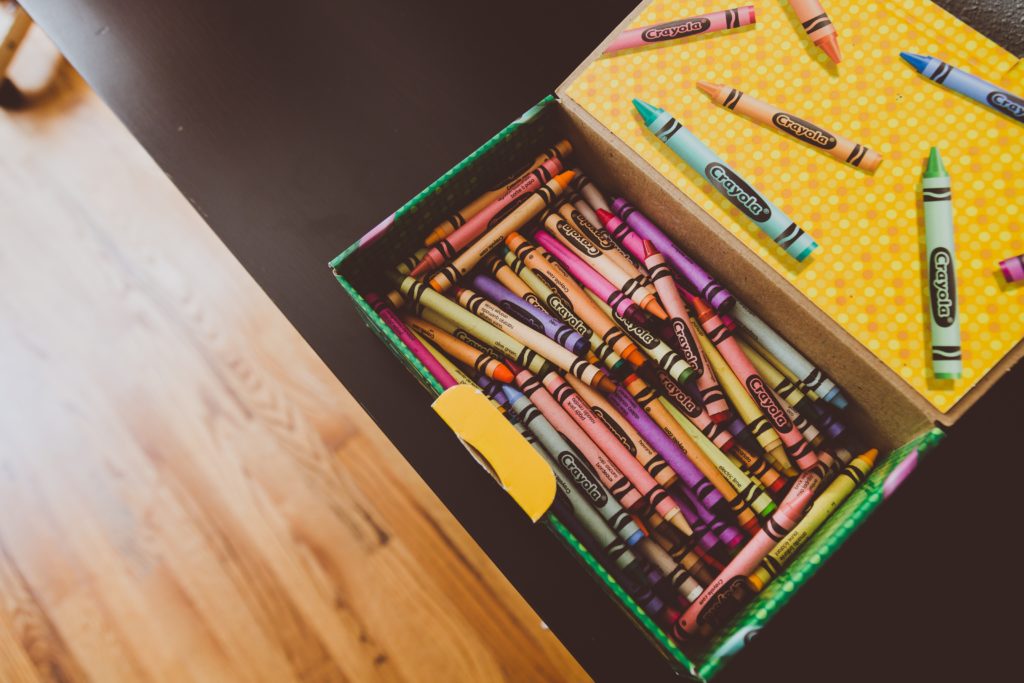
The transition to Kindergarten is one of the most significant transitions that a young child experiences in his or her formative years. What happens during this time will lay the foundation for a child’s adjustment to and future success in school. The transition to Kindergarten is much more than a one-time event. A journey that takes time, preparation, and advance planning.
Your young child will be heading off to Kindergarten soon! Many thoughts may stream through your mind as you think about this transition. One of the foremost apprehensions parents have is – how can I help prepare my child for school? Rest assure you are probably already implementing many points below. Keep reading, as there are many helpful ideas for you to do with their child.
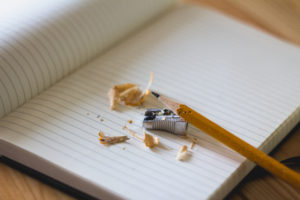
- Practicing name writing: Kids should be able to write their names by the time they get to kindergarten. The first letter of their name is capitalized and the remaining letters are lowercase. The writing doesn’t have to be perfect, but it should be legible.
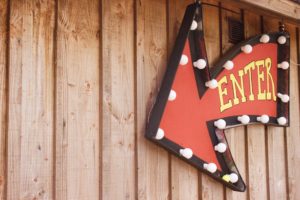
- Talking about letters–and identifying them and knowing their sounds: Words are everywhere in the environment. Point to them and slowly sound out words you see while taking walks, running errands, from grocery lists and cereal boxes. Label favorite items and places around the house. Encourage your child to trace over letters and numbers in chalk – then use a water gun, spray bottle or paint brush to trace over and erase, which also
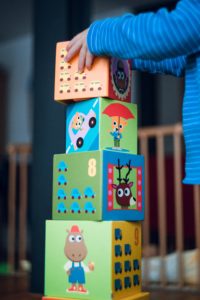 helps develop fine motor skills.
helps develop fine motor skills.
- Number recognition and concept: It’s really important for kids to be exposed to math concepts and have a general sense of numbers from zero to ten before kindergarten. Count everyday: hot wheel cars, dolls, number of chicken nuggets on their plate, etc. Also, write numbers. Help your child learn to count with objects such as marbles, rocks, dolls, cars, beans, pasta. Play hopscotch then have your child place the correct number of items on each number.
- Reading, reading, reading: Without a doubt, this is the most important activity you can do to help your child develop language and reading skills. The 3 Rs of Reading are Repetition, Rhythm and Rhyme. Children enjoy books about their world and having books read over and over. Run your finger under words showing that reading is top to bottom and left to right. There are many interesting letter books to teach recognition and sounds. Visit your local library and perhaps your child can have his own card. Snuggle, bond, and cuddle while you share a love of reading.
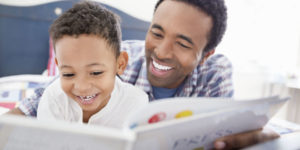
- Give them jobs: Having kids listen to verbal directions–and then follow them–is vital for success in school. Give kids specific tasks with clear directions so they practice those listening skills. Begin to let go a little, and hand some responsibilities off to them.
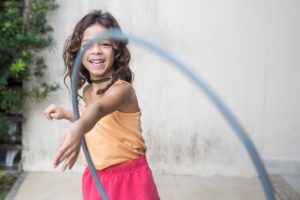
- Play, play, play: Children need to play. Using their imaginations with pretend play or with blocks, riding their bikes, climbing on playsets, and swing on swings. It is just as important to engage in playing with friends, as it is anything else.
Some of the best things you can give your child is your undivided attention and time. Turn off electronics and talk with them. There are some funny conversations you can have! You will be thankful for those times. Enjoy your young one. They are precious gifts from God.
By: Amanda McQueen, Kindergarten teacher, Faith Christian School
 Christian School
Christian School